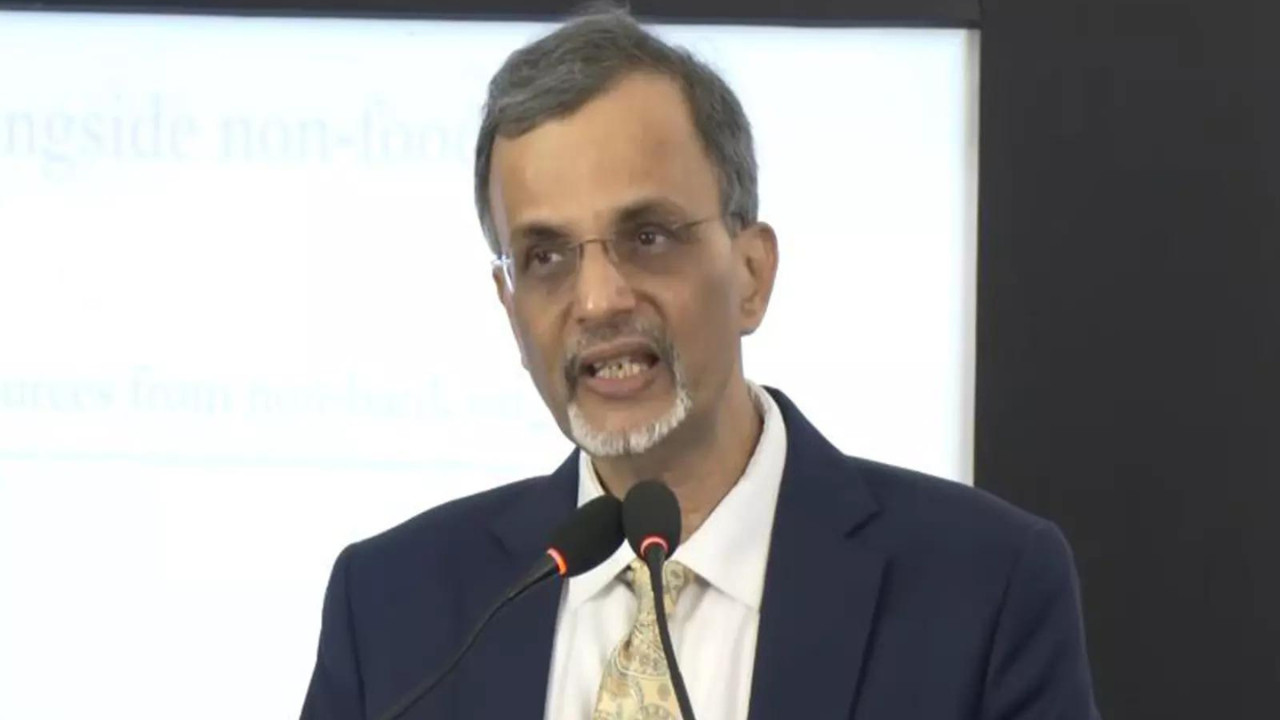The Adani Group aims to reduce its consolidated debt to Rs 1 lakh crore by 2030, focusing on minimizing reliance on fresh capital for its expansion. The conglomerate plans to invest Rs 1.5 lakh crore annually in new assets over the next six years. The group also expressed interest in acquiring distressed Sahara Group assets, provided legal hurdles are resolved.
Charting a New Course: Adani Group’s Ambitious Debt Reduction Strategy
For years, the Adani Group’s rapid expansion has been a captivating, and at times, controversial story. Fuelled by bold investments in infrastructure, energy, and beyond, the conglomerate has become a dominant force in India’s economic landscape. Now, as the dust settles after a period of intense scrutiny, the group is signaling a shift in strategy, prioritizing financial prudence and sustainable growth. The core of this new direction? A firm commitment to slashing debt.
The group recently unveiled its ambitious roadmap, setting a target of reducing its gross debt to ₹1 lakh crore (approximately $12 billion USD) by 2030. This isn’t just a number; it’s a statement. It reflects a desire to reassure investors and stakeholders about the long-term viability of the Adani Group’s financial position. This move comes at a crucial time, as global economic uncertainties and rising interest rates put pressure on businesses worldwide.
But how will they get there? The Adani Group is banking on its strong operational cash flows. They plan to leverage the earnings generated from their existing portfolio of assets to organically deleverage, rather than relying heavily on further capital raising. This is a significant departure from the group’s previous expansion model, which often involved aggressive fundraising to finance new projects.

Shifting Gears: Internal Accruals Over External Funding
The message is clear: the days of relentless pursuit of external funding are waning. The Adani Group intends to rely more on internal accruals to drive future growth. This strategy hinges on the strength and stability of its existing businesses. This includes sectors like ports, power, and renewable energy, all of which are expected to generate consistent revenue streams in the coming years. By reinvesting profits and managing expenses effectively, the group aims to gradually reduce its debt burden while continuing to expand its operations.
The company also stated that future growth plans won’t be dependent on raising additional capital. This indicates a more measured and deliberate approach to expansion. While new projects will still be pursued, they will be carefully selected and financed in a way that minimizes the impact on the group’s overall debt levels. This disciplined approach reflects a commitment to sustainable growth, prioritizing financial stability over rapid expansion.
Investing in Renewable Energy and Sustainable Infrastructure
The Adani Group’s strategic shift aligns with a broader global trend towards sustainable development and responsible investing. They are heavily invested in renewable energy projects, like solar and wind power, which are not only environmentally friendly but also offer long-term revenue visibility. This commitment to green energy is not just about environmental responsibility; it’s also a smart business decision, positioning the group for long-term growth in a rapidly evolving energy landscape. Learn more about the potential of sustainable energy on our blog.
Moreover, the group’s focus on infrastructure development is crucial for India’s economic growth. By investing in ports, airports, and other essential infrastructure projects, the Adani Group is contributing to the country’s overall competitiveness and creating jobs. These investments, while capital-intensive in the short term, are expected to generate significant long-term economic benefits.
Why This Matters: The Bigger Picture of Debt Reduction
The Adani Group’s debt reduction strategy has far-reaching implications, extending beyond the company itself. It signals a potential shift in the broader Indian corporate landscape, encouraging other companies to prioritize financial discipline and sustainable growth. This is particularly important in a global economic environment characterized by uncertainty and volatility. A stronger, more financially stable corporate sector can contribute to greater economic resilience and attract long-term investment.
Furthermore, the Adani Group’s actions can influence investor sentiment towards India as a whole. By demonstrating a commitment to financial prudence, the group can help to restore confidence and attract both domestic and foreign investment. This, in turn, can fuel economic growth and create opportunities for businesses and individuals across the country.
Looking Ahead: A Path Towards Sustainable Growth
The Adani Group’s ambitious debt reduction target represents a significant turning point. By prioritizing financial prudence and sustainable growth, the group is charting a new course for its future. While challenges undoubtedly remain, the commitment to deleveraging and investing in sustainable infrastructure signals a long-term vision that aligns with the evolving needs of India and the global economy. As the group continues to execute its strategy, it will be closely watched by investors, analysts, and stakeholders alike. Its success will not only benefit the company but also contribute to the overall strength and resilience of the Indian economy.






